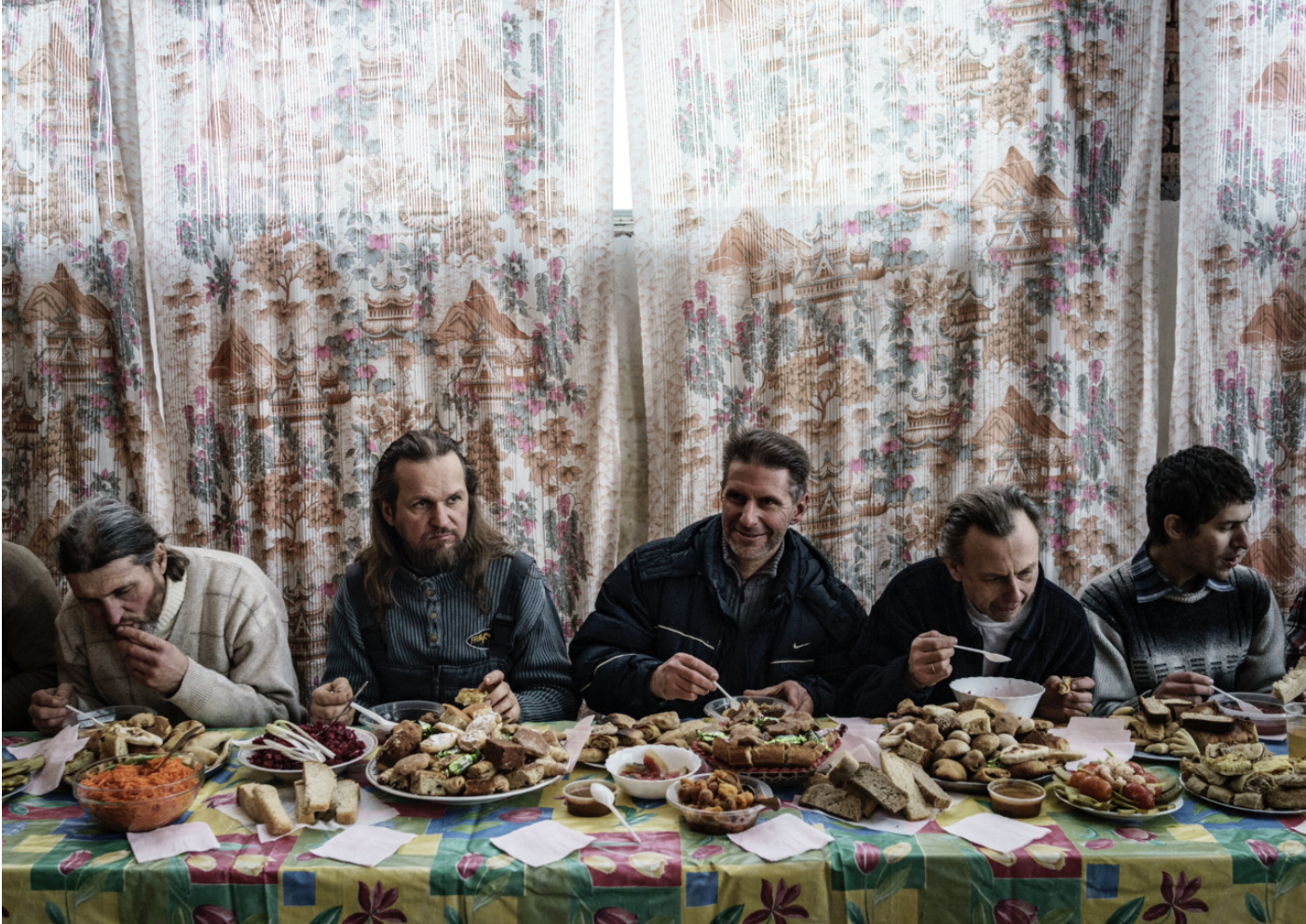
The Centre for Comparative Studies of Civilisations and Spiritualities is organising a three-day workshop on the relationship between photography and the sacred in collaboration with the Magnum Photos agency.
The workshop will discuss how to represent religious phenomena and portray rituals, beliefs and life experiences. This means focusing on the production, development, documentation and publication of photographs on the topic.
The workshop will be coordinated by Magnum photographer Jonas Bendiksen, author of The Last Testament, published in 2017 by gost Book. In his book, Bendiksen tells the story of seven men who claimed to be the biblical Messiah returned to earth. Some have thousands of followers, others only a handful of disciples. All are united in the belief that they are predestined redeemers, returned to the earth to save the world.
The workshop will offer the opportunity to work alongside the photographer and his publisher Stuart Smith, in an engaging experience that will encourage a group of selected talented participants to go beyond classic storytelling and pictorial techniques.
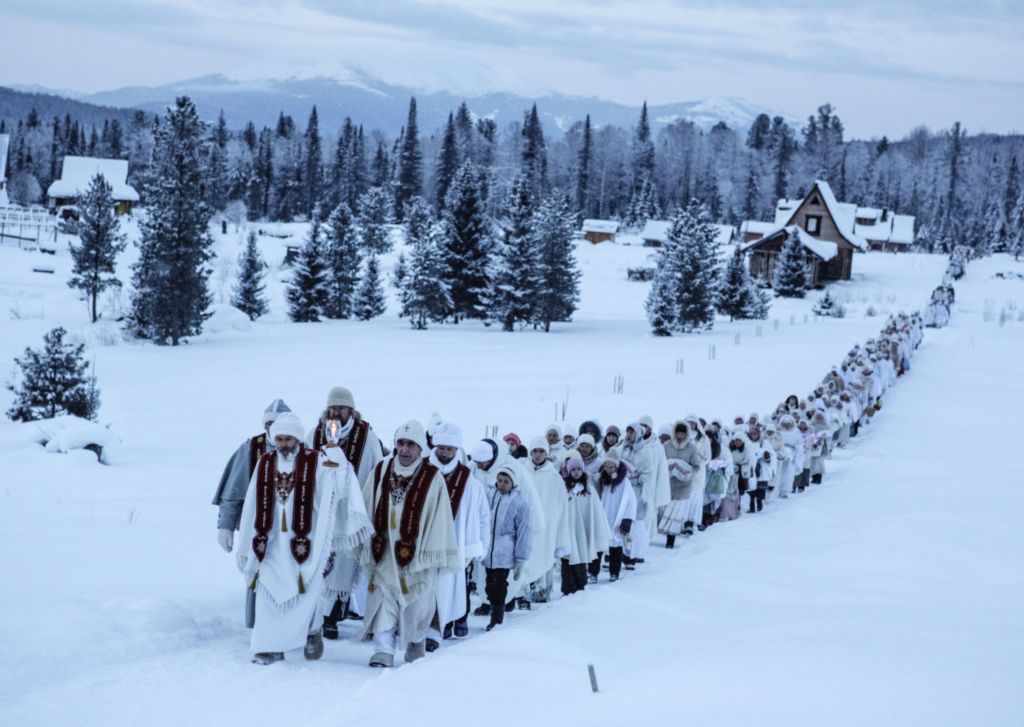
The Centre for Comparative Studies of Civilisations and Spiritualities of Fondazione Giorgio Cini, and the Magnum co-organise a public lecture that will tackle the difficult task of photographing the sacred.
The Magnum photographer Jonas Bendiksen, will talk about his last book The Last Testament, in which he chronicles seven men who all publicly claim to be the biblical Messiah returned. Manoël Pénicaud is a French photographer (Le Pictorium Agency) and anthropologist (CNRS-IDEMEC) specialised on Pilgrimage Studies. He will propose another perspective, that aims to combine the aesthetic dimension of photography with the comprehensive dimension of anthropology of religions.
Download Public Lecture Cini Magnum
FILL THE FORM BELOW TO JOIN THE CONFERENCE
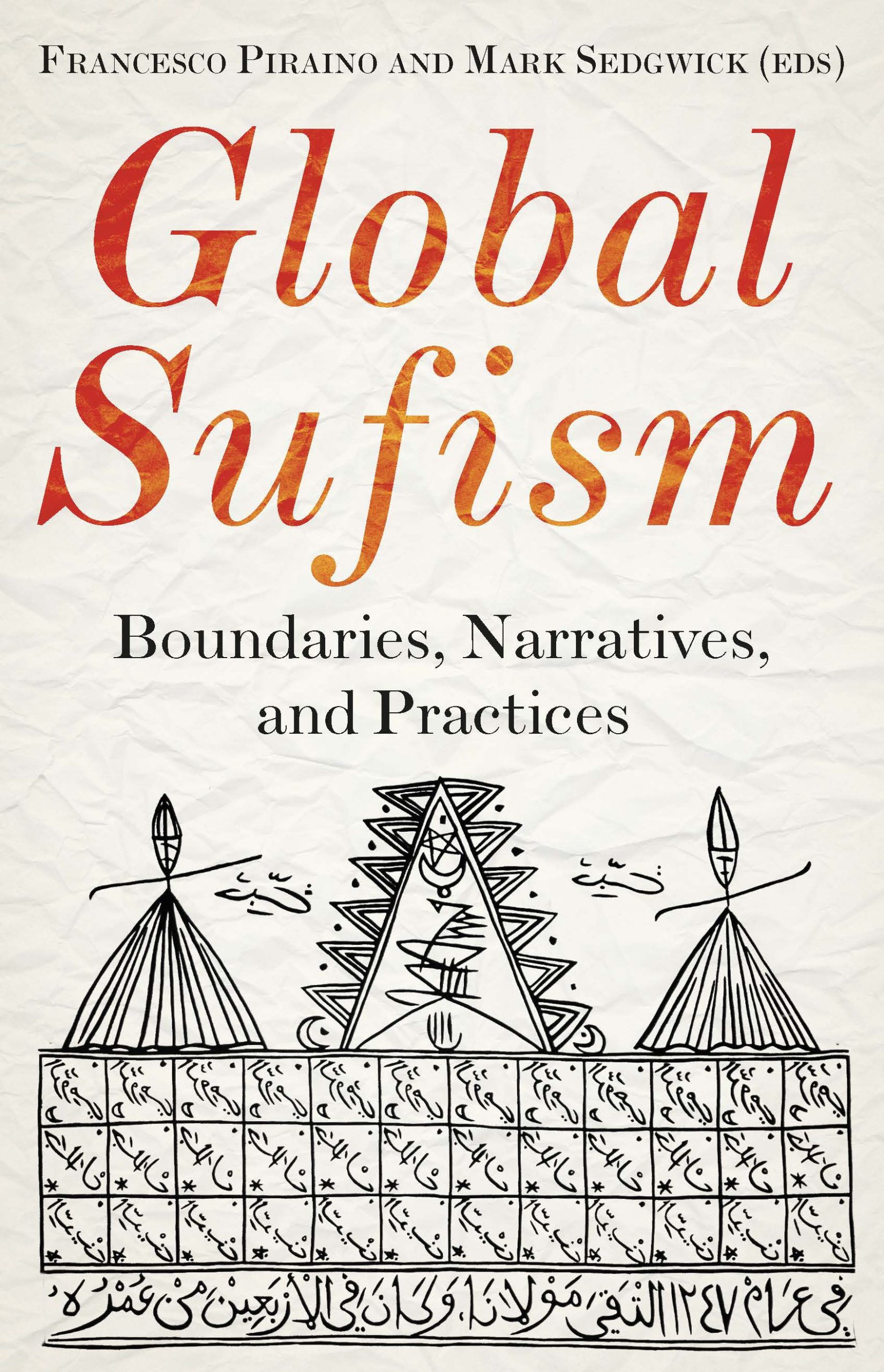
Global Sufism. Boundaries, Structures and Practices
edited by Francesco Piraino and Mark Sedgwick
Hurst, London, 2019
Despite the prevailing stereotyped academic Orientalist view, widespread in Europe, of Sufism reduced to a shadow or a relic of an ancient past, contemporary Sufism, understood as a set of spiritual, mystical and esoteric manifestations within Islamic religiosity, is a growing global phenomenon. This book brings together the work of fourteen leading experts on the study of Sufism, who systematically explore the key themes of Sufism’s new global presence, from Yemen to Senegal, Chicago and Sweden. They look not only at the spread of Sufi brotherhoods but also at movements influenced by them. Moreover, they attempt to map out and describe global Sufi cultural production, from Rumi to pres
ent-day rappers. Examining the contested and shifting relationship between the particular and the universal within the Islamic religion, the authors show how Sufism is seen as the timeless and universal essence found in all religions, the key to tolerance and co-existence between religions and also the heart of orthodoxy and the Islamic tradition. Finally, the book turns to politics. Many modern nation states, whether with a Muslim majority or not, are using the narrative of Sufism to promote their political objectives, while Sufi brotherhoods are forging alliances with them against common enemies. This raises the complex issue of the Sufi brotherhoods’ political position.
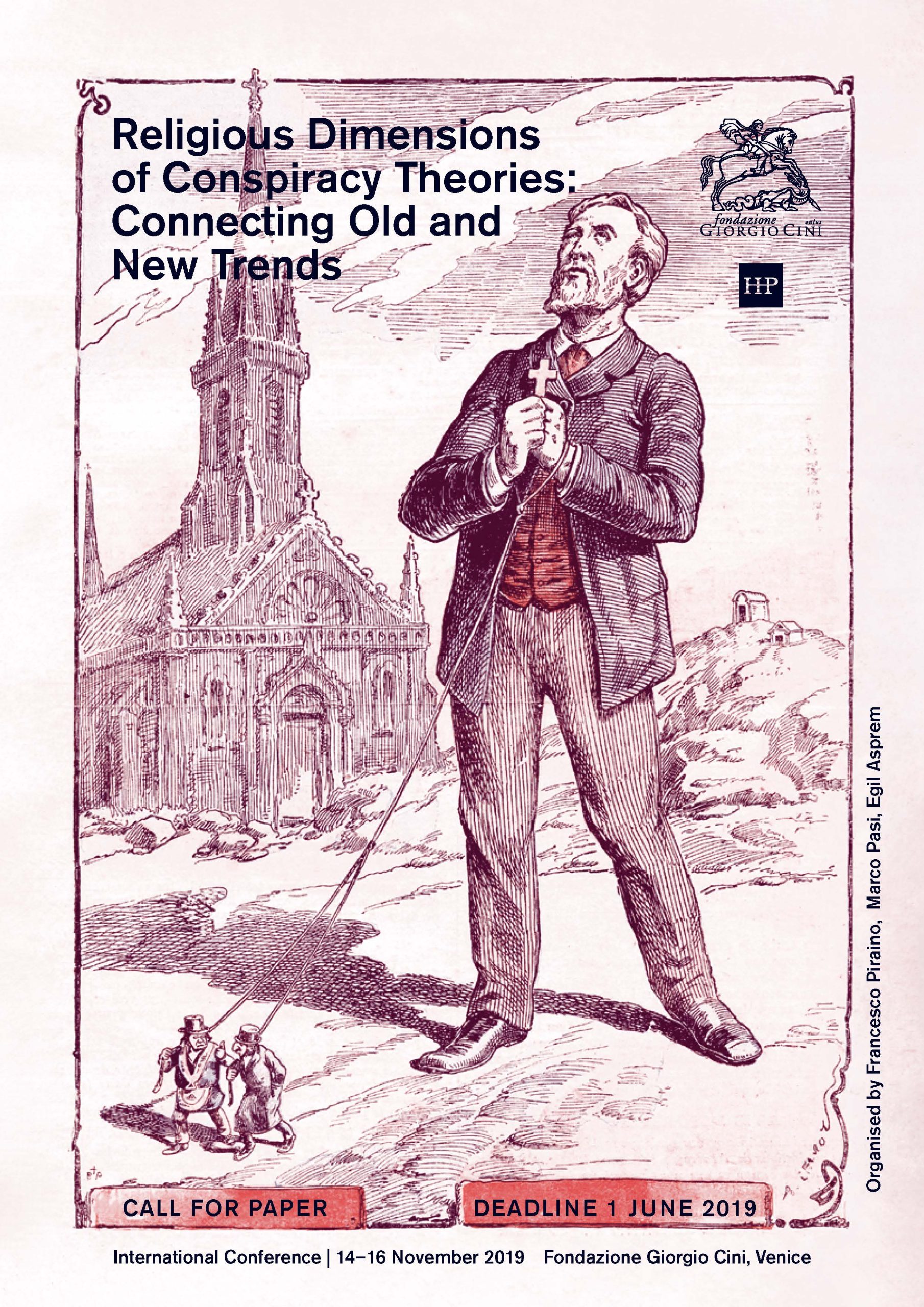
Religious Dimensions of Conspiracy Theories: Connecting Old and New Trends
Organised by Francesco Piraino, Marco Pasi, Egil Asprem
International Conference | 14–16 November 2019 | Fondazione Giorgio Cini, Venice
DEADLINE 1 JUNE 2019
DOWNLOAD THE CALL
Contesting in the Name of Religion in “Secularised” Societies: Between Doctrine and Militancy
Contester au nom de la religion dans des sociétés “sécularisées”: entre doctrine et militance
4th – 5th – 6th April 2019 Venice, Giorgio Cini Foundation
Organisers / Organisaturs : Francesco Piraino (Fondazione Cini /KU Leuven) Claude Proeschel (GSRL EPHE-CNRS) David Koussens (Université de Sherbrooke) Valérie Amiraux (Université de Montréal) Frédéric Volpi (Edinburgh University)
Download the call
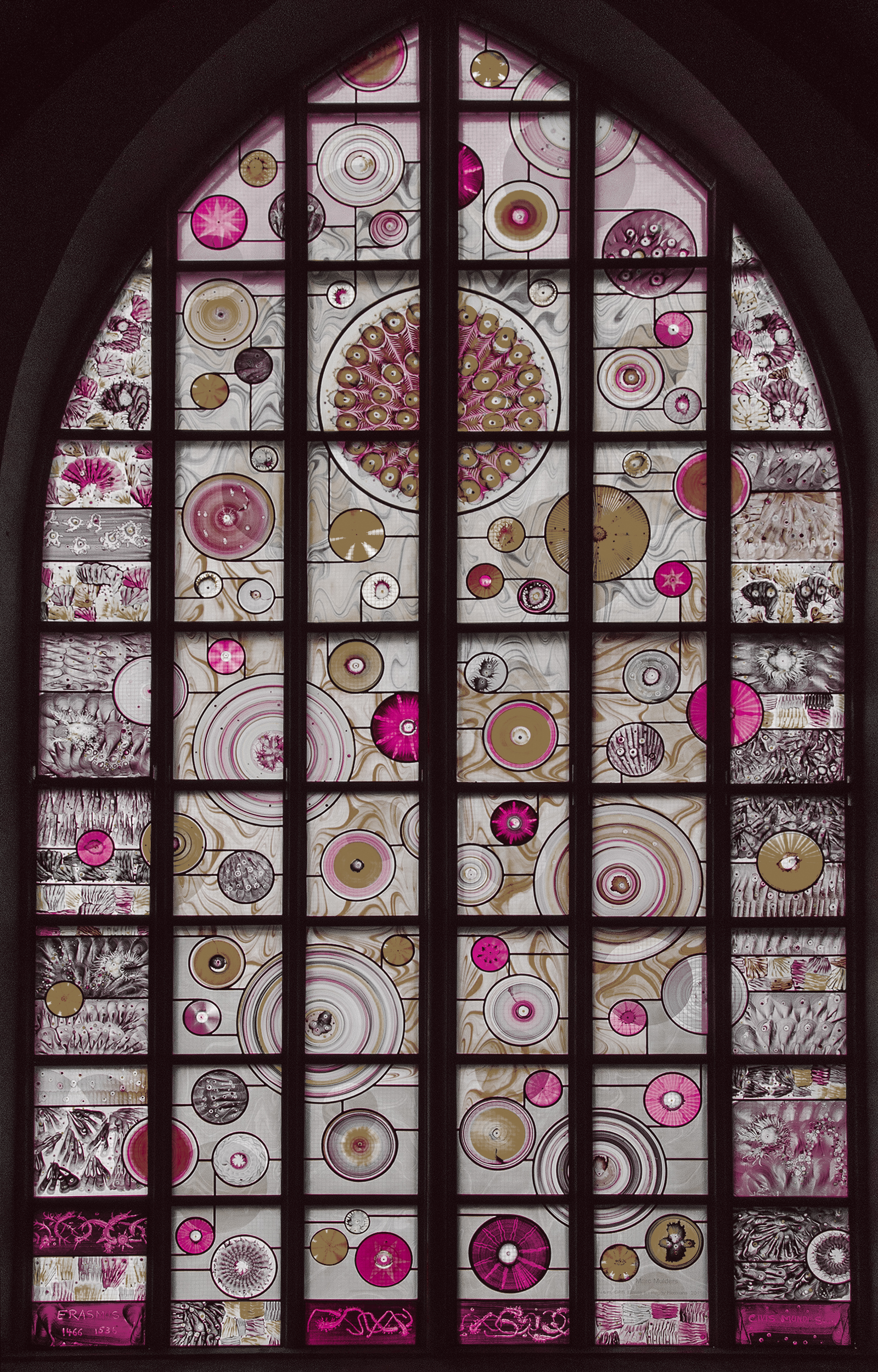
International Conference Contesting in the Name of Religion in Secularised Societies: Between Doctrine and Militancy
Contemporary European countries and societies have been experiencing a lengthy process of secularisation. This process may be understood as a “decline of religious hegemony” and an “exit from religion” or more generally as a weakening of the influence of normative religious frameworks and their attendant practices. At the same time, some religions have also increased their visibility in the public sphere: this is the case with Islam, often presented as a “public problem” and whose institutionalisation is still greatly debated. The public visibility of religiosity is also visible for Catholicism, which has shown a strong tendency to mobilisation based on a sense of identity and growing dynamism in several countries. This situation raises questions about a possible crisis in secularisation and about the putative neutrality of the public sphere and institutions. More precisely, it leads us to assess the scope of these developments in relation to the requirements of democratic citizenship, as the basis of the common public space. “Contesting in the Name of Religion” will consider various aspects of the relationship between religion and politics, such as individual requests for exemption from specific activities; collective struggles for legal recognition through the inclusion of a clause of conscience during the drafting of laws; and phenomena of disobedience of state legal measures. This international conference involving academic partners from Europe and North America also aims to be a training ground for young researchers, who will be invited to make specific studies of political ethics and citizenship.
Download the program
FILL THE FORM BELOW TO JOIN THE CONFERENCE

In the 20th and 21st centuries, theories of secularisation described the decline of religious practices in estern societies. Many intellectuals theorised the end of exorcistic practices in the face of an increasingly rational society. Based on the assumption of inexorable rational progress, this vision, however, can’t fully account for the dynamics of the societies we live in. Religion, far from being marginalised by modernity, is increasingly at the centre of political, spiritual and ethical debates.
Consequently, the practices linked to exorcisms are not considered to be an expression of a distant dark past but are the focus of renewed interest and, not surprisingly, in Italy the number of people who turn to exorcists is growing. This requires further research into the topic, with particular attention to trans-cultural approaches, which enable us not only to grasp global trends, such as medical issues and their relation to religious phenomena, but also to provide vivid descriptions of subjective experiences.
The Fondazione Giorgio Cini is the ideal setting for this conference because of the comparative approach that the Foundation has always pursued and for the history of the Island of San Giorgio. The international conference on “Embodying Scientific Medicine and Religious Healing” aims to explore the relationships between exorcisms and scientific medical care in different religious contexts. The conference has been organised by the Fondazione Giorgio Cini Centre for Comparative Studies of Civilisations and Spiritualities, in collaboration with Andrea De Antoni from Ritsumeikan University, Kyoto.
Modified Final Programme – Embodying Modern “Scientific” Medicine and “Religious-Spiritual” Healing – 4 dic
Sign up for the conference
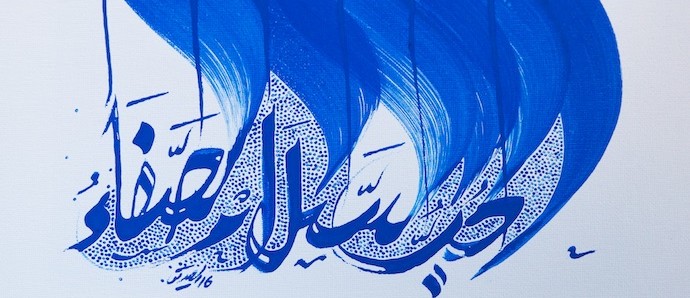
In the Islamic world, calligraphy is the main medium of visual aesthetic expression and is both transcultural and transdisciplinary. It is transcultural, because the various calligraphic styles have been influenced by different cultural contexts, although there is also a certain continuity, especially as regards religious calligraphy. And it is transdisciplinary because it concerns not only the strictly religious dimension, but also the visual arts and poetry. In this workshop, addressed to Ca’ Foscari students of Arabic and all visual arts enthusiasts, the Fondazione Cini Centre for Comparative Studies of Civilisations and Spiritualities aims to explore the complexity and beauty of Islamic calligraphy.
Ida Zilio-Grandi (Ca’ Foscari University) will provide the historical and theoretical background to calligraphy in the Islamic world, linking up theological and philological aspects. Andrea Brigaglia (Cape Town University) will discuss calligraphy in Sub-Saharan Africa, especially in Nigeria, one of the richest but little known historical and artistic contexts. For the occasion, the Fondazione Cini will commission a handwritten Koran from the Nigerian calligrapher Ka’ana Umar. The art of Nigerian calligraphy has been the subject of violent attacks by the Boko Haram jihadist movement, responsible for the deaths of thousands of innocent people. These victims have not only been the members of non-Muslim religions but also of traditional Islam, such as religious leaders and the Sufi confraternities.
Ka’ana Umar had to flee to save his life, but he continues his work as a refugee in exile. And, lastly, Aymon Kreil (Ghent University) will focus on his anthropological research into calligraphy in contemporary Egypt.
The workshop will be led by Sadik Haddari, a Moroccan artist, well-versed in classical forms of calligraphy, but also capable of blending various styles, to produce writing verging on the languages of figurative art. Sadik Haddari will explain the basic notions of calligraphy and help members of the audience to try their own hand (sheets and ink will be provided). The event will end with a performance by the artist.
Download Programme Islamic Calligraphy
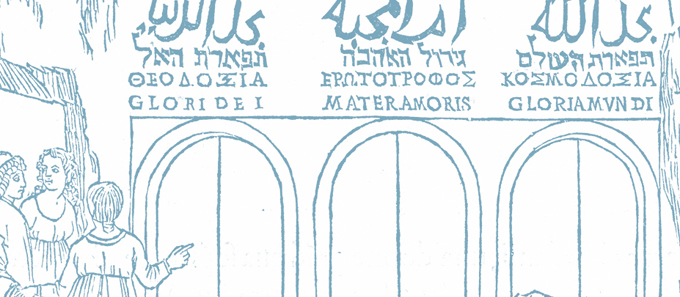
Over the last few decades, the study of Western esotericism has increasingly become a recognised subject in the academic world, thanks to the work of renowned historians, such as Antoine Faivre and Wouter Hanegraaff. In the 20th century, some scholars began to study the connections between Christian, Islamic and Jewish esotericism, but much remains to be explored. This conference will look both in present and past contexts. It will help us to understand to what extent the category of esotericism can be used in other religious
and cultural contexts and will enable us to address the esoteric-spiritual dimension within each religion. The conference has been organised in collaboration with Dilek Sarmis and Mark Sedgwick. Dilek Sarmis is a researcher at the Center d’Études Turques, Ottomanes, Balkaniques et Centrasiatiques (CETOBaC – EHESS), Paris, and Mark Sedgwick is a professor at the University of Aarhus and a founder of the European
Network for the Study of Islam and Esotericism (ENSIE). This will be the inaugural conference of the new network.
ENSIE conference final program
Subscription is mandatory, in order to attend [vfb id=12]

Organised in collaboration with Professor Ida Zilio-Grandi (Ca’ Foscari University, Venice), the seminar sets out to make a thorough survey of Islamic ethics and morality. It will specifically tackle the delicate issue of H. udūd (literally limitations, restrictions, or definitions), which is most commonly used to indicate crimes against religion and whose punishment is already decreed by the sacred texts with no room for human discretion.
The topic will be approached from various points of view: Deborah Scolart (University of Tor Vergata, Rome) will address legal aspects; Olga Lizzini (Vrije Universiteit Amsterdam) will deal with the philosophical side; Ida Zilio-Grandi will look at the moral dimension; Antonella Ghersetti (Ca’ Foscari) will explore the issue in the literary world; Francesca Ersilia (L’Orientale, Naples) will consider it in relation to the socio-economic context; Caterina Bori (University di Bologna) will look at historical-political aspects; Roberta Ricucci (Università di Torino) the sociological aspects, and, lastly, Samuela Pagani (University of Salento) will frame the question within Sufism.
Download the programSeminario Etica Islamica CINI 2018
Subscription Form
[vfb id=7]








